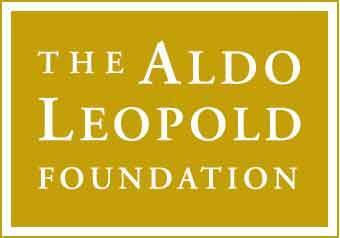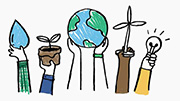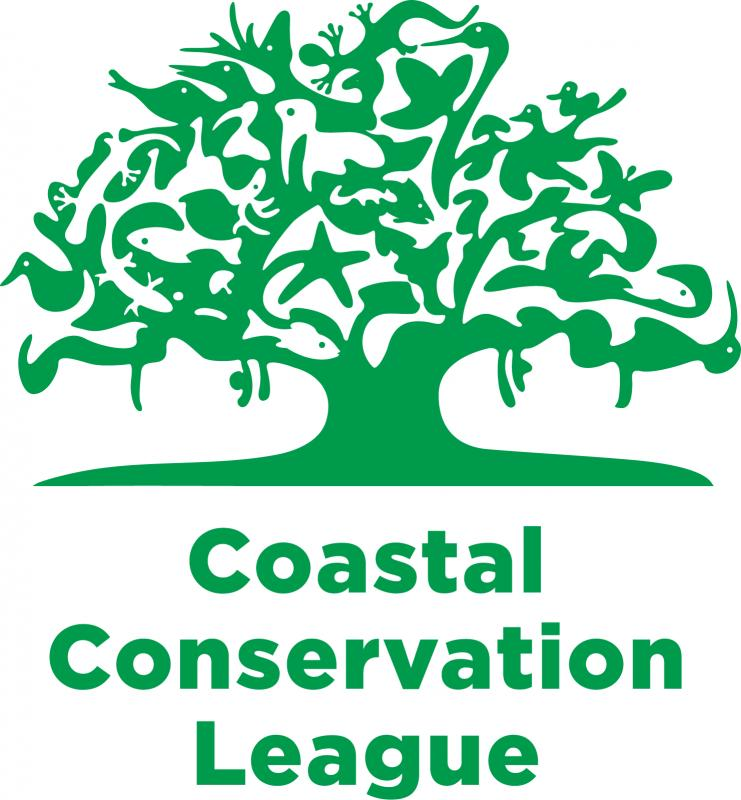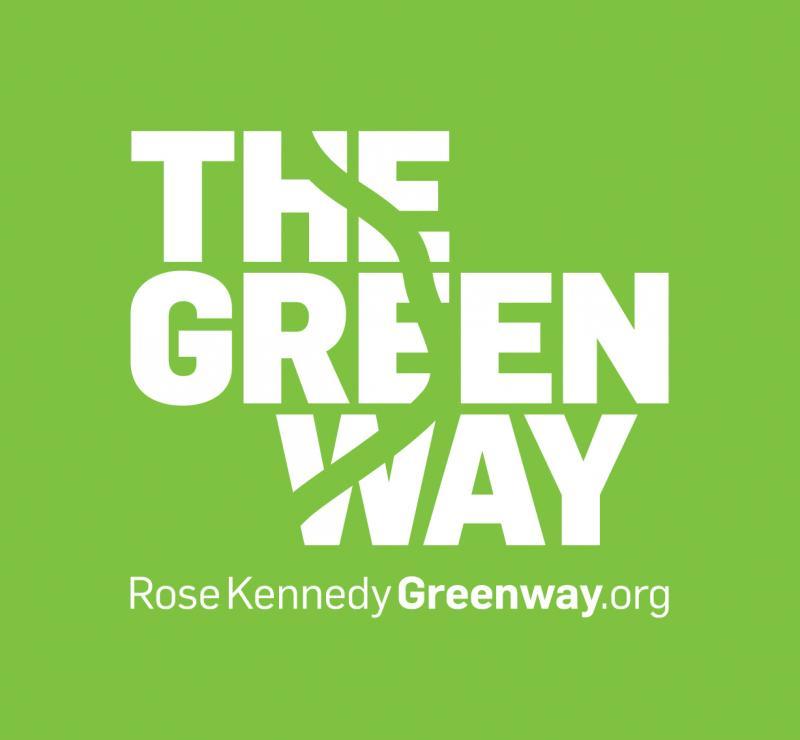Causes: Environment, Interdisciplinary Research, International, Natural Resources Conservation & Protection
Mission: Ecologic Institute is an independent, non-profit center for environmental progress. Our organization is made up of a dedicated staff with diverse backgrounds and areas of expertise which provide us with the ability to approach issues from varying perspectives. We believe this is key to addressing the environmental issues of the next generation, which is why one of our chief objectives is to inspire and engage members of the community who have not traditionally been involved in the process of environmental progress. In order to make that happen, we look for unexpected intersections of environmental and other areas of public life and policy, such as finance, accessibility, and art. Our events and publications are developed to reach as broad a constituency as possible without sacrificing forward-thinking ideas and innovations. In fact, we are certain our approach only makes the resulting ideas and initiatives stronger. Recruitment for our workshops focus on making sure members of the community is represented, not just political parties. We are committed to this process of building environmental progress through community-based initiatives. We have found that cities all across the world are confronting many of the same issues, so we have initiated programs for these cities to share their solutions with each other on a grassroots level. This helps to fulfill our goal of creating a global community of engaged citizens. With the ever-increasing urban populations around the world, cities must be the center of environmental progress, and we believe that empowering the people to drive that progress is the best way forward.
Results: In 2016, we achieved the following:Book publication: Low-Carbon Energy Security from a European Perspective (Elsevier). In addition, we published a brochure and a leaflet explaining the German Energy Transition for English-speaking audiences. Our president hosted a side-event at COP 22, the UN’s annual climate change negotiations conference, in Marrakesh. We participated 6 times as a speaker at external events, reaching over 200 people;organized 3 study tours with a total of 43 participants;hosted 12 workshops with over 225 participants;held 5 webinars for over 125 people;held one breakfast event for 20 people;and participated in 6 major events with a total of over 750 direct person-to-person engagements. Overall, we reached over 1,360 people at 33 events. Highlights of 2016:Bridge Park Festival:A photo activity at the 2016 Anacostia River Festival in April 2016.Participants could choose between two background canvases – one showing a post-industrial park in Turin, the other a classical European park in Germany – and write or draw what aspects a park needs to have on white boards. Our photographer took way over 100 photos that day in the four hours of the event. Participants included children of all ages, people of different ethnicity as well as people with disabilities. We will continue our participation in the Bridge Park Festival in 2017 with an iteration of this experience. 8 to Infinity:On the occasion of the 8th anniversary of Ecologic Institute, we invited guests into the Hillyer Art Space gallery where a class of 5th graders from the local Seaton Elementary school in the Shaw neighborhood showed their aboriginal group paintings, acclaimed author Andrea Wulf presesented her New York Times bestseller and LA Review of Books non-fiction of the year ‘The Invention of Nature’ about Alexander von Humboldt’s transatlantic discoveries, and finally, Camilla Bausch spoke on her exhibition project ‘EnergyTransitionArt’.
Target demographics: build a sustainable, accessible, and equitable post-carbon society
Direct beneficiaries per year: 1362 people
Geographic areas served: our offices are in Washington, DC, and we work in the US, Europe and beyond
Programs: Post-Carbon Cities of Tomorrow, POCACITO, represents a portfolio of projects all working toward the same goal: leveraging the diversity and dynamism of the world's cities to discover and share urban solutions for the 21st century's sustainability revolution (http://www. pocacito. org/about-us/): Post-Carbon Cities of Tomorrow recognizes that a sustainable future for cities is likewise rooted in the citizens. Energy Transition - our work focuses on international learning and communication on how to decarbonize the energy system, building on experience and evidence from Germany and other European countries. This year, we want to offer not only a number of workshops and presentations across the US, but also a field trip to study the Energy Transition. The Arctic Summer College aims to preserve biodiversity and ecosystem health in the Arctic. The Arctic Summer College is primarily a virtual campus for learning about the environment in the Arctic and exchanging ideas on how collaborative efforts can protect the Arctic from negative impacts of human activities in the High North. The College focuses on climate change adaptation, natural resource management, biodiversity protection, environmental governance, energy policy, security, and human health.
Mission: Ecologic Institute is an independent, non-profit center for environmental progress. Our organization is made up of a dedicated staff with diverse backgrounds and areas of expertise which provide us with the ability to approach issues from varying perspectives. We believe this is key to addressing the environmental issues of the next generation, which is why one of our chief objectives is to inspire and engage members of the community who have not traditionally been involved in the process of environmental progress. In order to make that happen, we look for unexpected intersections of environmental and other areas of public life and policy, such as finance, accessibility, and art. Our events and publications are developed to reach as broad a constituency as possible without sacrificing forward-thinking ideas and innovations. In fact, we are certain our approach only makes the resulting ideas and initiatives stronger. Recruitment for our workshops focus on making sure members of the community is represented, not just political parties. We are committed to this process of building environmental progress through community-based initiatives. We have found that cities all across the world are confronting many of the same issues, so we have initiated programs for these cities to share their solutions with each other on a grassroots level. This helps to fulfill our goal of creating a global community of engaged citizens. With the ever-increasing urban populations around the world, cities must be the center of environmental progress, and we believe that empowering the people to drive that progress is the best way forward.
Results: In 2016, we achieved the following:Book publication: Low-Carbon Energy Security from a European Perspective (Elsevier). In addition, we published a brochure and a leaflet explaining the German Energy Transition for English-speaking audiences. Our president hosted a side-event at COP 22, the UN’s annual climate change negotiations conference, in Marrakesh. We participated 6 times as a speaker at external events, reaching over 200 people;organized 3 study tours with a total of 43 participants;hosted 12 workshops with over 225 participants;held 5 webinars for over 125 people;held one breakfast event for 20 people;and participated in 6 major events with a total of over 750 direct person-to-person engagements. Overall, we reached over 1,360 people at 33 events. Highlights of 2016:Bridge Park Festival:A photo activity at the 2016 Anacostia River Festival in April 2016.Participants could choose between two background canvases – one showing a post-industrial park in Turin, the other a classical European park in Germany – and write or draw what aspects a park needs to have on white boards. Our photographer took way over 100 photos that day in the four hours of the event. Participants included children of all ages, people of different ethnicity as well as people with disabilities. We will continue our participation in the Bridge Park Festival in 2017 with an iteration of this experience. 8 to Infinity:On the occasion of the 8th anniversary of Ecologic Institute, we invited guests into the Hillyer Art Space gallery where a class of 5th graders from the local Seaton Elementary school in the Shaw neighborhood showed their aboriginal group paintings, acclaimed author Andrea Wulf presesented her New York Times bestseller and LA Review of Books non-fiction of the year ‘The Invention of Nature’ about Alexander von Humboldt’s transatlantic discoveries, and finally, Camilla Bausch spoke on her exhibition project ‘EnergyTransitionArt’.
Target demographics: build a sustainable, accessible, and equitable post-carbon society
Direct beneficiaries per year: 1362 people
Geographic areas served: our offices are in Washington, DC, and we work in the US, Europe and beyond
Programs: Post-Carbon Cities of Tomorrow, POCACITO, represents a portfolio of projects all working toward the same goal: leveraging the diversity and dynamism of the world's cities to discover and share urban solutions for the 21st century's sustainability revolution (http://www. pocacito. org/about-us/): Post-Carbon Cities of Tomorrow recognizes that a sustainable future for cities is likewise rooted in the citizens. Energy Transition - our work focuses on international learning and communication on how to decarbonize the energy system, building on experience and evidence from Germany and other European countries. This year, we want to offer not only a number of workshops and presentations across the US, but also a field trip to study the Energy Transition. The Arctic Summer College aims to preserve biodiversity and ecosystem health in the Arctic. The Arctic Summer College is primarily a virtual campus for learning about the environment in the Arctic and exchanging ideas on how collaborative efforts can protect the Arctic from negative impacts of human activities in the High North. The College focuses on climate change adaptation, natural resource management, biodiversity protection, environmental governance, energy policy, security, and human health.
office@eius.org
1630 Connecticut Ave Nw Ste 300 Ecologic Institute, Washington, DC 20009
202-550-9072
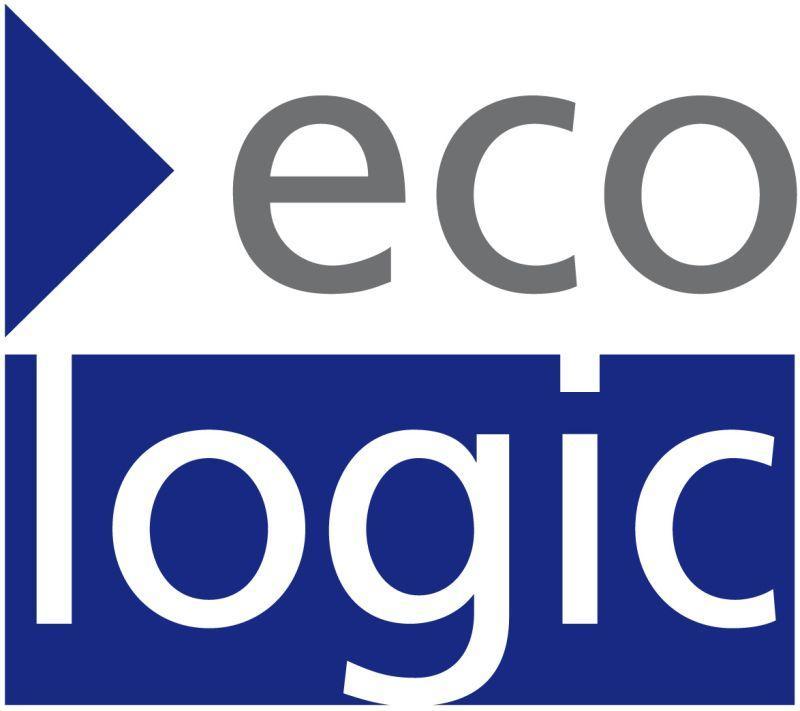
Environment
Washington












